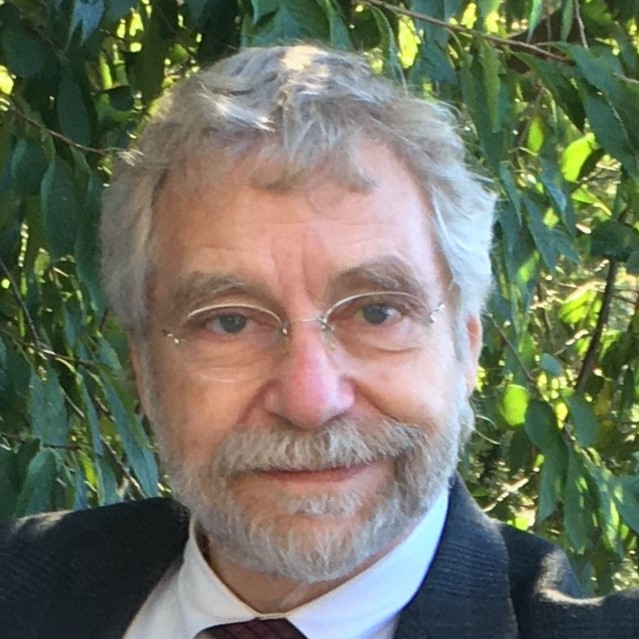Leadership workshops were a frequent component of change projects I was involved in. These workshops contained some combination of sharing the compelling case for change, knowledge and skills training, and commitment building exercises.
The first change effort I was ever involved with was more than thirty-five years ago, when British Airways changed from being a nationalized industry to being a publicly traded company. Between 1984 and 1987 BA went from having the worst customer service in the industry to the best and being the least profitable airline to the most.
This project had a profound effect on me and my career and I have taken a lot of stick from colleagues over the years for how much I talk about it. So if you know me and are tired of BA stories, or if this was before you were born or such ancient history you can’t see any relevance, I will understand if you bail out now.
British Airways had several different leadership workshops. This story concerns Managing People First (MPF), a one week residential workshop for the top 2000 people of the 30,000 who worked there. MPF ran Sunday at 4:00 PM to Friday 12:00 noon. Days were long. Participants had personal time at 7:00 a.m. and 5:00 p.m., but evening large-group and small-group sessions often ran until 11:00 p.m. and sometimes later.
At MPF there were plenary sessions and small groups sessions. There were also change projects where the small groups chose to work together to plan a particular change of their choosing that would contribute to the overall effort. Each group presented its plan to the Chief Executive Colin Marshall on Friday morning..
We included a creative or fun exercise. On Thursday afternoon, we asked the small groups to spend ninety minutes creating a vision of their view of the new BA and their role in it. We told them to “let their hair down” have some fun because they would be spending that evening preparing their change team presentation for Colin Marshall the next morning. We designed this exercise to relieve tension and to allow participants to have some fun using the teamwork built over the week.
At one of the early sessions a small group composed entirely of aircraft maintenance managers had been difficult all week. These men were fifty to sixty-five-year-olds and had all come up through the ranks from mechanics. Though some had taken Engineering qualifications, none had attended University. During the week they had been cynical and sarcastic, and when we explained this exercise, two actually snorted. Then they disappeared.
The facilitators resigned themselves to the possibility that the team had left the training early and were planning how to explain this to the rest of the class and to Colin Marshall the next day. But when it was time to present visions these gentlemen rushed in and asked to present last. Given their attitude over the week we facilitators were wary, but reluctantly agreed. When the maintenance crew’s turn came it was 5:00 p.m. and dark outside. Someone turned out the lights.
As the facilitators quietly panicked, they heard music. It was an Abba tune; the words rang out.
“I have a dream, a fantasy. To help me with reality…”
One by one these grizzled guys walked in, each carrying a lit candle. While the music played they got the entire group to join them in the front of the classroom.
“I believe in angels, something good in everything I see.”
They handed out lit candles and soon everyone was humming along.
As the song came to a crescendo, without talking, they somehow led everyone to act together.
“I’ve crossed the stream.” The entire group took a step together over an imaginary stream.
“I have a dream.” The entire class all sang in unison. Still gives me shivers.
Apparently, the old guys had first laughed derisively at the exercise and then someone said, “If not us, then who?” They were missing because they had driven thirty miles to get the tape and boom box from someone’s house, and planned the whole thing in the car on the way there and back. In the end they demonstrated their commitment and brought others along.
The next morning when people were still talking about their emotional presentation, these old guys presented to Colin Marshall, a redesigned aircraft preventative maintenance framework that I understand the airline is still using.
What I learned was:
- Leaders sometimes emerge from the least likely places.
- The greatest “resisters” can convert themselves to be leaders.
- A cynic is a failed idealist who uses sarcasm, irony and mockery to mask intense desire to “believe” in and commit to ideals once again.
And I learned to “trust the process.” If the case for change is compelling and the vision clear and inspiring, people choose to change themselves and contribute.
“I’ve crossed the stream; I have a dream.”






Indeed. I think most people want to succeed and deliver value regardless of their role or position in life. It is ineffective systems, processes, and leadership expectations that are the genesis for organization failure.
So very true, David
We sound like Dr.Demming accolytes – oh wait– I guess we are!
Alan